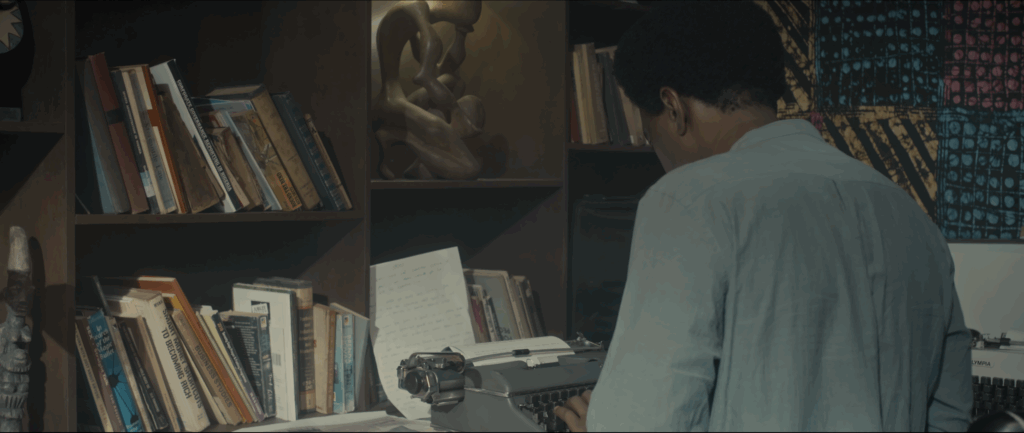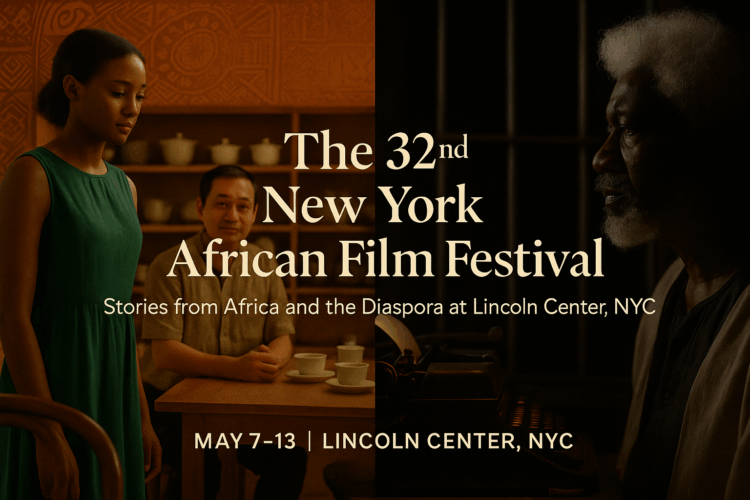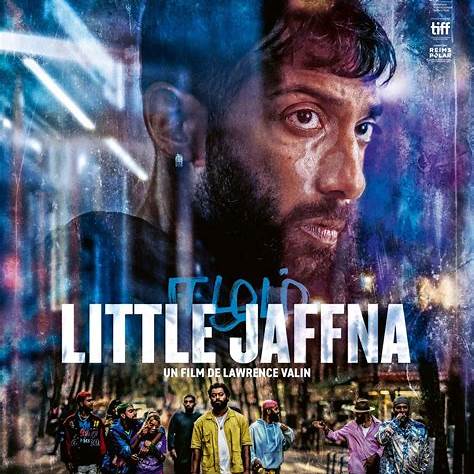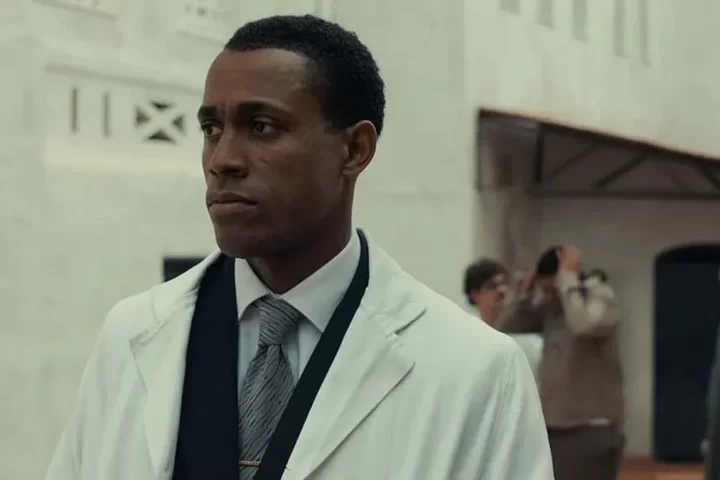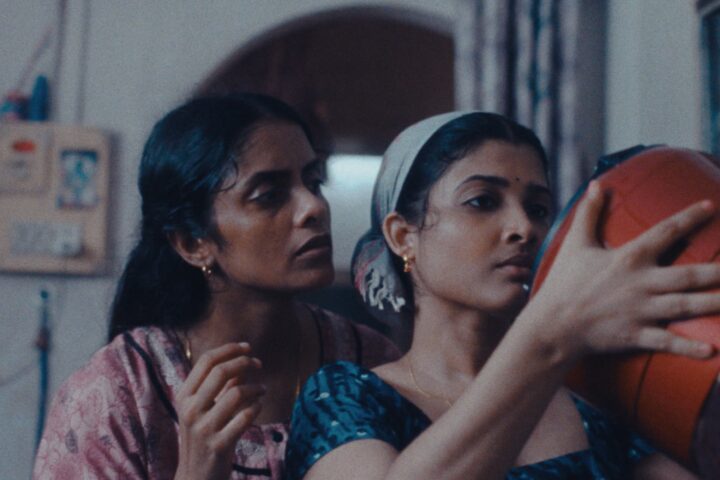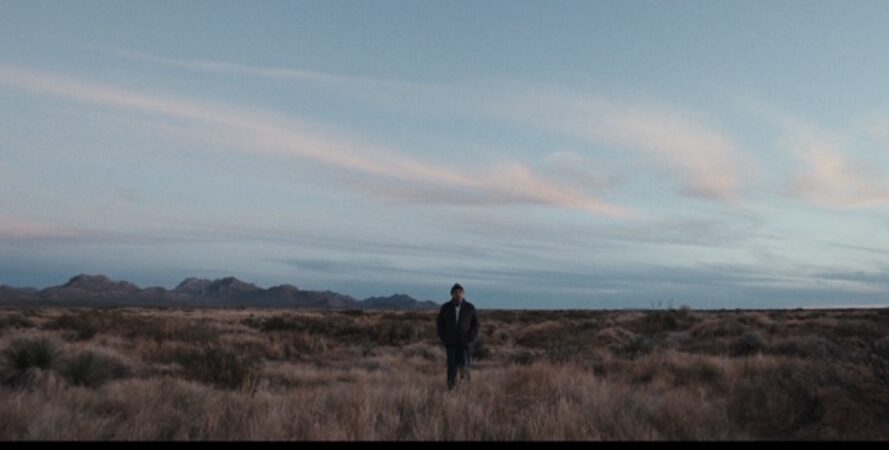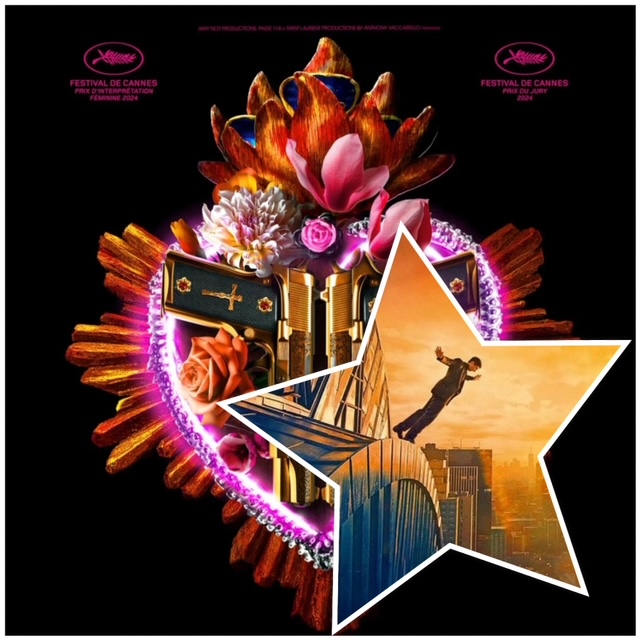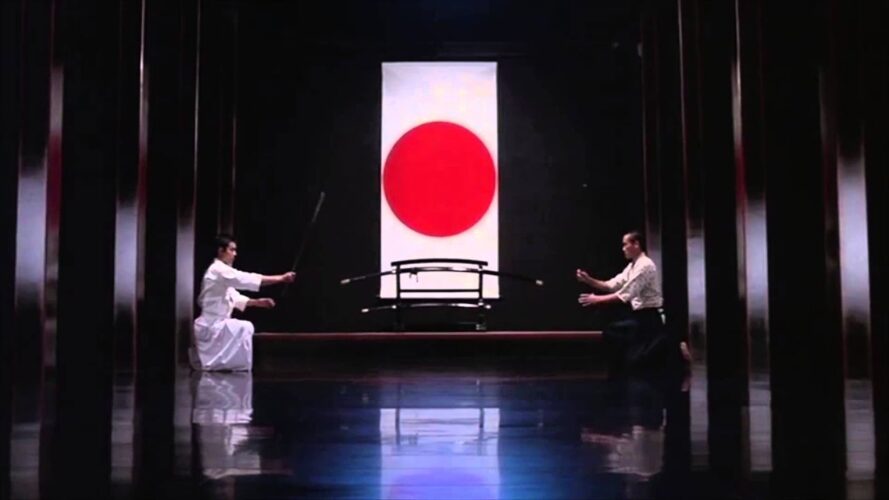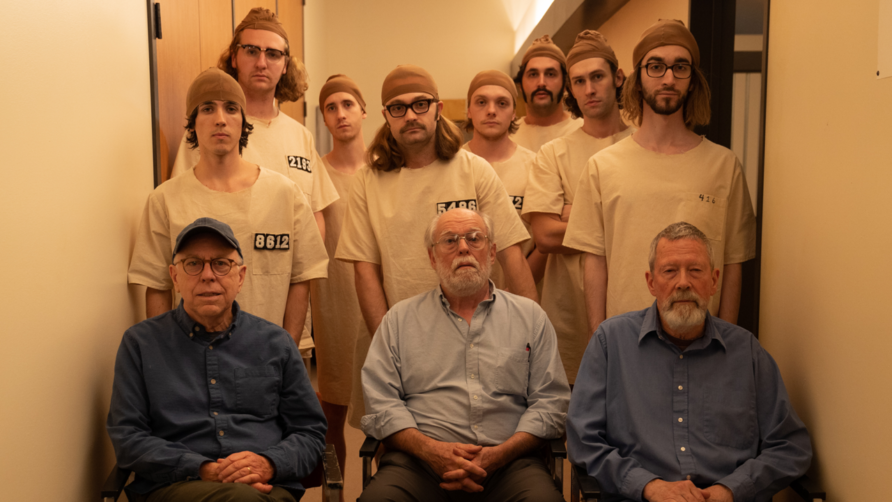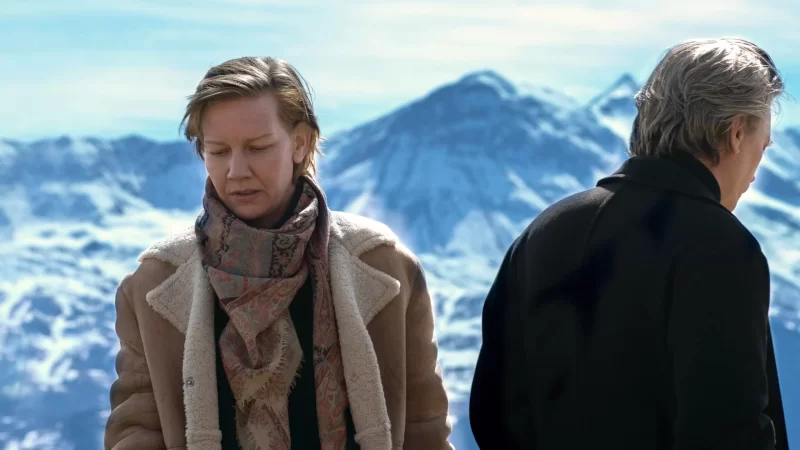A Celebration of African Storytelling
This May, New York’s Lincoln Center welcomes the 32nd edition of the New York African Film Festival—a vibrant showcase of storytelling from across Africa and its global diaspora. Running from May 7 to May 13, the festival will screen more than 100 feature films and shorts. Below are two standout selections that promise to make a lasting impression.
A Decade After Timbuktu: Abderrahmane Sissako Returns with Black Tea
It’s been ten years since acclaimed Mauritanian director Abderrahmane Sissako shook the world with Timbuktu, a haunting portrait of life under jihadist occupation in Mali. That film, inspired by real events—most notably, the public stoning of an unmarried couple—highlighted the fragile line between cultural preservation and destruction. Timbuktu earned an Oscar nomination and a BAFTA nod, as well as top honours at the Africa Movie Academy Awards.
Now, Sissako returns with Black Tea, a delicate and deeply reflective film exploring the lives of Africans in China—a relationship that has grown rapidly over the past decade. The film centres on Aya, played with quiet power by Nina Mélo, a young Ivorian woman fleeing a troubled relationship. In Guangzhou, she finds new beginnings and falls for a middle-aged Chinese man who runs a peaceful teashop.

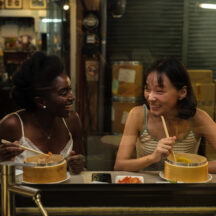
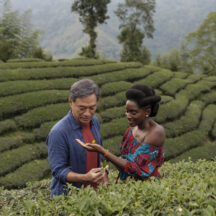
Black Tea is less about grand narratives and more about the subtleties of cross-cultural connection—how love, prejudice, and identity unfold in the quiet moments. While some critics argue it doesn’t reach the heights of Timbuktu, they may be missing the point: this is a film about slow transformation, not dramatic upheaval.
Resistance and Resilience in “The Man Died”
Another highlight of the festival is The Man Died, an adaptation of Wole Soyinka’s searing prison memoir. Set during the Nigerian Civil War, the film recounts Soyinka’s attempt to mediate peace—an effort that led to his imprisonment, torture, and long stretches in solitary confinement.
Despite the brutality he endured, Soyinka continued to write in secret, documenting his experience on scraps of paper smuggled from his cell. These writings became a symbol of defiance and a voice for the oppressed.
Though the film operates on a modest budget—with some limitations in larger set pieces—it delivers an emotional punch. The Man Died is a powerful meditation on the cost of truth-telling in authoritarian regimes, and a tribute to the enduring power of the written word.
A Festival That Inspires Wonder
An African philosopher once said that “wherever you look, there is always something new to make you wonder.” The New York African Film Festival captures that spirit perfectly—offering fresh perspectives, untold histories, and cinematic beauty from a continent rich in stories.
Don’t miss it.
May 7–13 at New York’s Lincoln Center.
